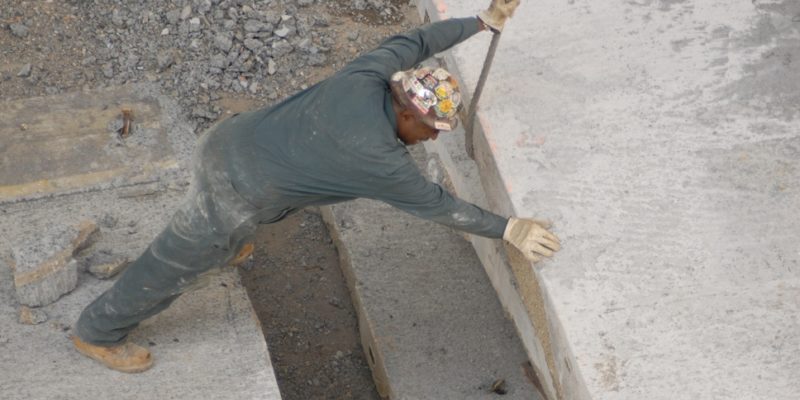By Myriam Masihy
Updated at 8:50 PM EST on Jan 24, 2017
A proposed ordinance could help strengthen Miami-Dade County’s existing wage theft ordinance.
Commissioner Pepe Diaz introduced the plan that would add attorney fees to the amount a business owes an employee who takes them to court over unpaid wages.
“They can try to ignore it but it’s going to be a lot harder,” Diaz said.
The county has a wage theft ordinance that allows a worker to take a former employer to a hearing over unpaid money. A hearing officer can rule that a business owner has to pay. But the NBC 6 Investigators found business owners still not paying workers even after the deadline passes.
The new plan would require a business to pay attorney fees and costs that a worker takes on trying to get the money. An attorney is not required in the initial hearing portion of a wage theft hearing but could be needed to pursue a business that doesn’t pay.
“We’re going to continue to do things so hopefully, hopefully this will be a thing of the past in Miami-Dade County,” Diaz said.





